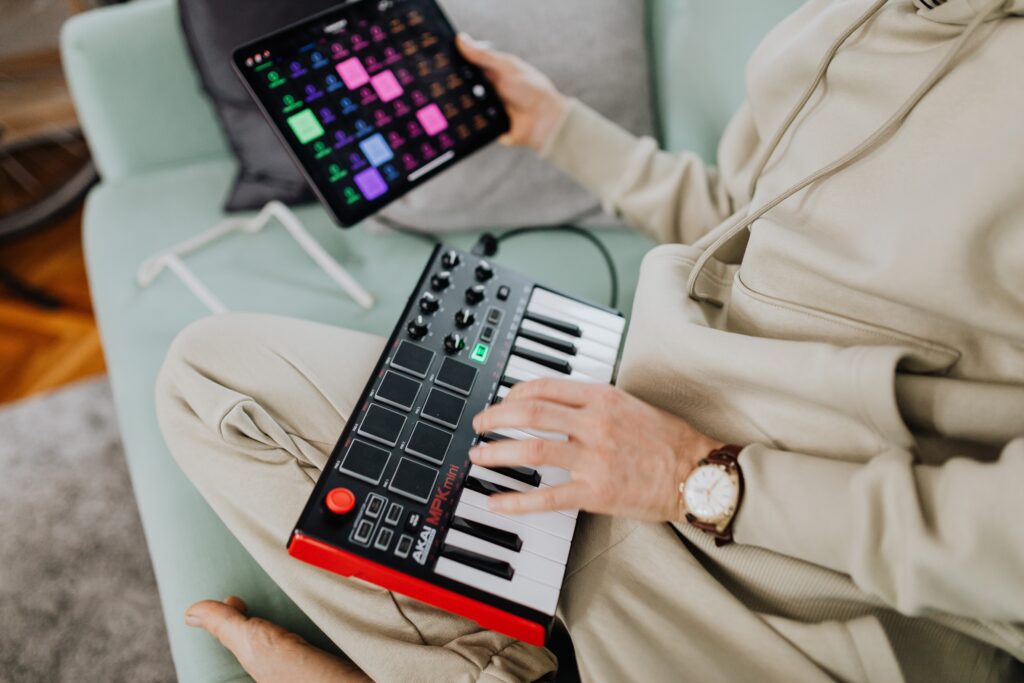The Ultimate Guide to Buying a MIDI Keyboard: Tips and Recommendations
Are you a music producer or enthusiast looking to purchase a MIDI keyboard? A MIDI (Musical Instrument Digital Interface) keyboard is an essential tool for creating electronic music, and choosing the right one can be overwhelming. There are a variety of options available, ranging from affordable to high-end models with advanced features. In this ultimate guide, we will provide you with tips and recommendations for buying a MIDI keyboard that suits your needs.
Consider Your Needs and Budget
The first step in purchasing a MIDI keyboard is to determine your needs and budget. If you’re just starting, you may want to consider a budget-friendly option. However, if you’re a professional producer, you may want to invest in a high-end model with advanced features. Consider the number of keys, the type of action (weighted or semi-weighted), and the number of controls and buttons.
Size and Portability
The size and portability of the MIDI keyboard should also be considered. If you’re short on space, a smaller keyboard may be a better option. However, if you’re planning to perform live, a larger keyboard with more keys may be necessary. Additionally, some MIDI keyboards are more portable than others, so consider if you need a keyboard that can easily be transported.
Compatibility and Connectivity
Ensure that the MIDI keyboard you choose is compatible with your computer and software. Most MIDI keyboards are USB-powered and connect to your computer via USB. However, some models also have MIDI inputs and outputs, which can be useful if you’re using other hardware synthesizers. Check the keyboard’s compatibility with your preferred software and operating system before purchasing.
Additional Features
When selecting a MIDI keyboard, consider any additional features that may be important to you. For example, some models have drum pads, faders, and knobs that allow you to control your software. Others have built-in arpeggiators and sequencers that can be used to create complex patterns and rhythms. These additional features can help streamline your workflow and improve your music production.
Brand and Reputation
Lastly, consider the brand and reputation of the MIDI keyboard you are interested in. Some well-known brands in the industry include Akai, Novation, M-Audio, and Roland. Check reviews and customer feedback to ensure that the keyboard is reliable and has good customer support.
Product Recommendations
- Akai Professional MPK Mini MKII – Compact Keyboard and Pad Controller
- Novation Launchkey 49 MK3 – 49-Key MIDI Controller
- M-Audio Keystation 61 MK3 – 61-Key MIDI Controller
- Roland A-88 MKII – 88-Key MIDI Controller
- Native Instruments Komplete Kontrol S88 MK2 – 88-Key MIDI Controller with Fully-Weighted Keys
In conclusion, choosing a MIDI keyboard requires careful consideration of your needs, budget, size, portability, compatibility, additional features, and brand reputation. With these tips and recommendations, you can find a MIDI keyboard that meets your music production needs and preferences.
Thanks for reading this blog post on music equipment reviews! If you enjoyed this article and want to read more like it, make sure to check out our blog https://rhythmsphere.com/blog/. There, you’ll find a wide variety of music-related topics, including product reviews, industry news, and helpful tips and tricks. Don’t forget to subscribe to our newsletter so that you never miss an update. Thank you for your continued support of Rhythmsphere!

